Description
“The Prince” by Niccolò Machiavelli is a political treatise that offers pragmatic advice on how rulers can maintain power and govern effectively. Written in the early 16th century, the book is often regarded as a guide to realpolitik, emphasizing cunning, strategy, and, when necessary, ruthless action. Machiavelli challenges traditional notions of morality in leadership, arguing that the ends often justify the means. The work remains a cornerstone of political philosophy, influencing leaders and thinkers across centuries.

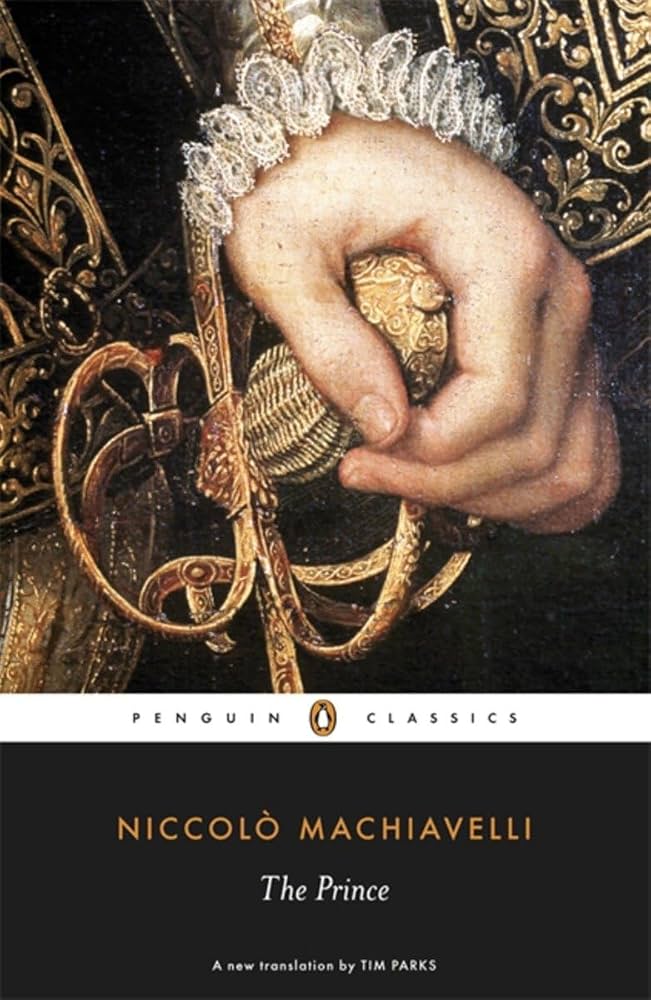
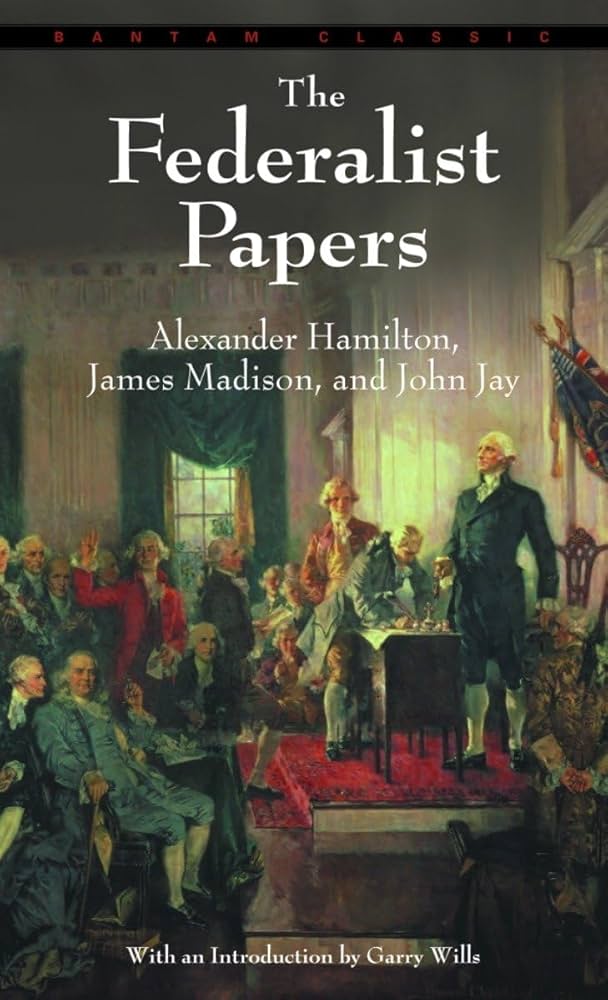
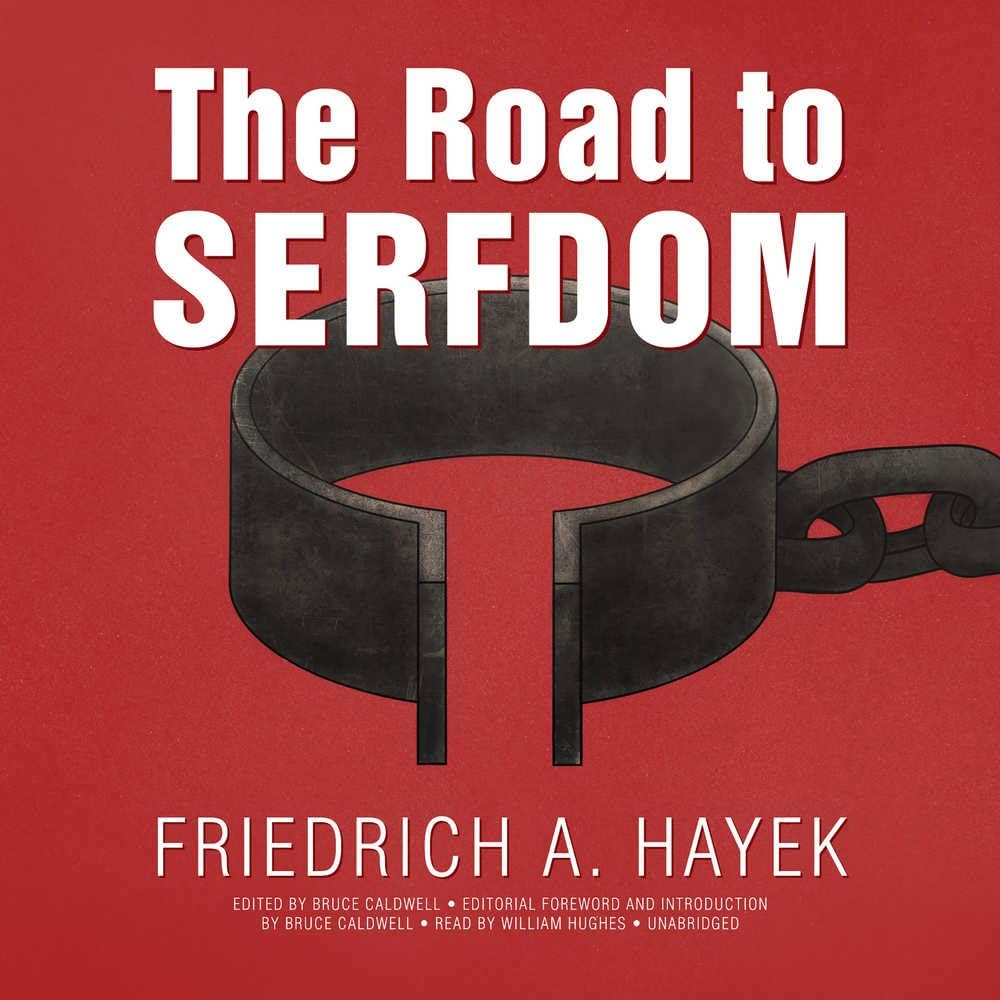
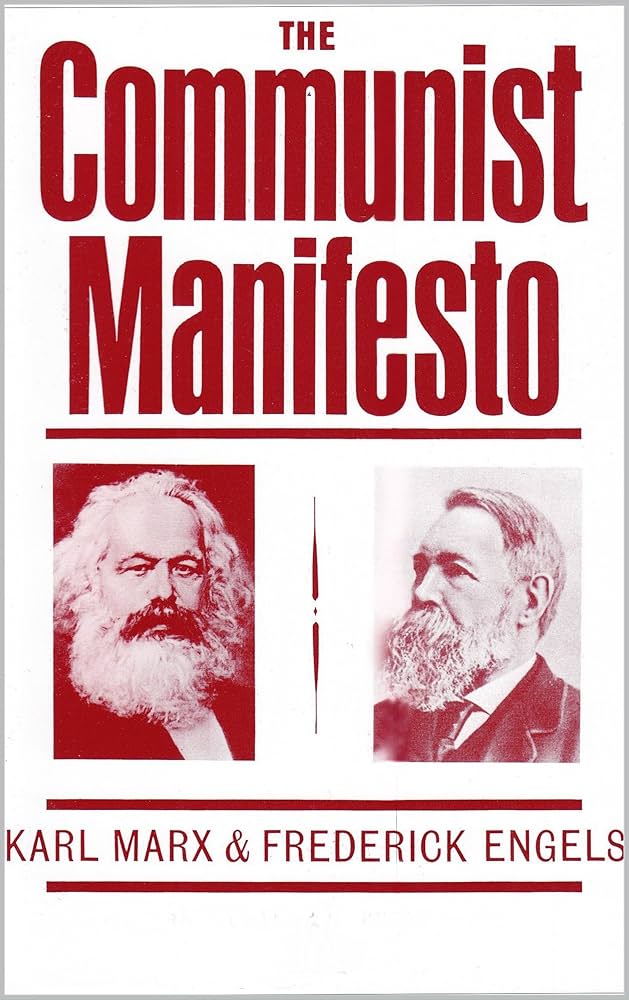
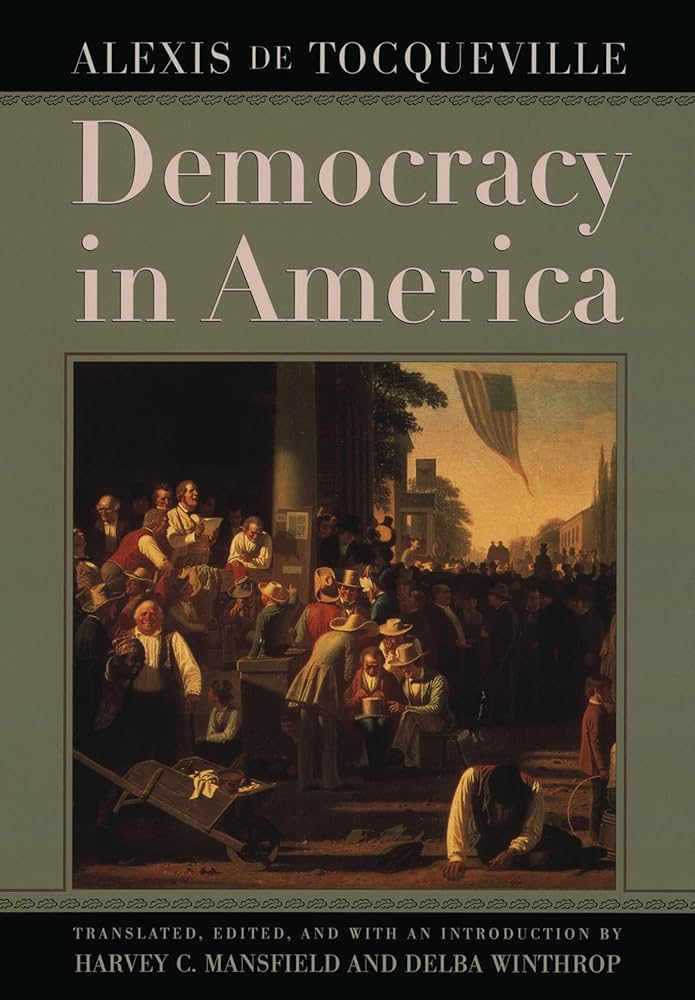
Fati –
“I initially hesitated to read “The Prince” fearing it would be dry and irrelevant, but I was pleasantly surprised. Machiavelli’s insights into power dynamics and leadership, while sometimes unsettling, are undeniably thought-provoking and provide a fascinating glimpse into Renaissance politics. It prompted me to reconsider assumptions about leadership and the choices leaders face, making it a worthwhile read for anyone interested in history, political science, or even just understanding human behavior. The book sparked important reflections and discussions for me.”
Abibat –
“I was initially hesitant to read “The Prince” because of its reputation for being cynical, but I was pleasantly surprised. Machiavelli’s insights into power and leadership are remarkably astute and relevant even today. The language is clear and direct, and the historical examples he uses are fascinating. I found myself constantly reflecting on the concepts presented and applying them to modern situations. It’s a thought-provoking read that challenges your assumptions about politics and human nature. While some of his advice might seem controversial, it’s undeniable that Machiavelli understood the realities of power dynamics. A very interesting read!”
Jibril –
“I initially approached “The Prince” with some trepidation, expecting a dry, academic text. However, I was pleasantly surprised by how engaging and insightful it is. Machiavelli’s observations on power, leadership, and human nature are remarkably relevant even today, centuries after the book was written. While some of his advice might be controversial, it certainly provides a thought-provoking and timeless perspective on the dynamics of influence and governance. A valuable read for anyone interested in political science, history, or simply understanding the complexities of human interaction.”
Abiodun –
“I was initially intimidated by the reputation of “The Prince,” but I found it to be a surprisingly insightful and thought-provoking read. It offers a refreshingly candid look at the realities of power and leadership. While some of the advice may seem controversial by modern standards, understanding Machiavelli’s perspective and the historical context in which he wrote is crucial. It provides a valuable framework for analyzing political dynamics and human behavior, even today. The book made me think deeply about the choices leaders face and the consequences of their actions.I learned a lot after reading it.
Maina –
“I initially approached ‘The Prince’ with some trepidation, expecting a dry and Machiavellian treatise on ruthless power. However, I was pleasantly surprised to find a surprisingly insightful and pragmatic guide to leadership and statecraft. The book offers a timeless perspective on political strategy and human nature, and while some of its principles might seem controversial by modern standards, its historical context and realistic approach make it a fascinating and thought-provoking read. It’s not necessarily a manual for becoming a tyrant, but rather a candid exploration of the challenges and realities of ruling, which I found to be surprisingly relevant even today.”